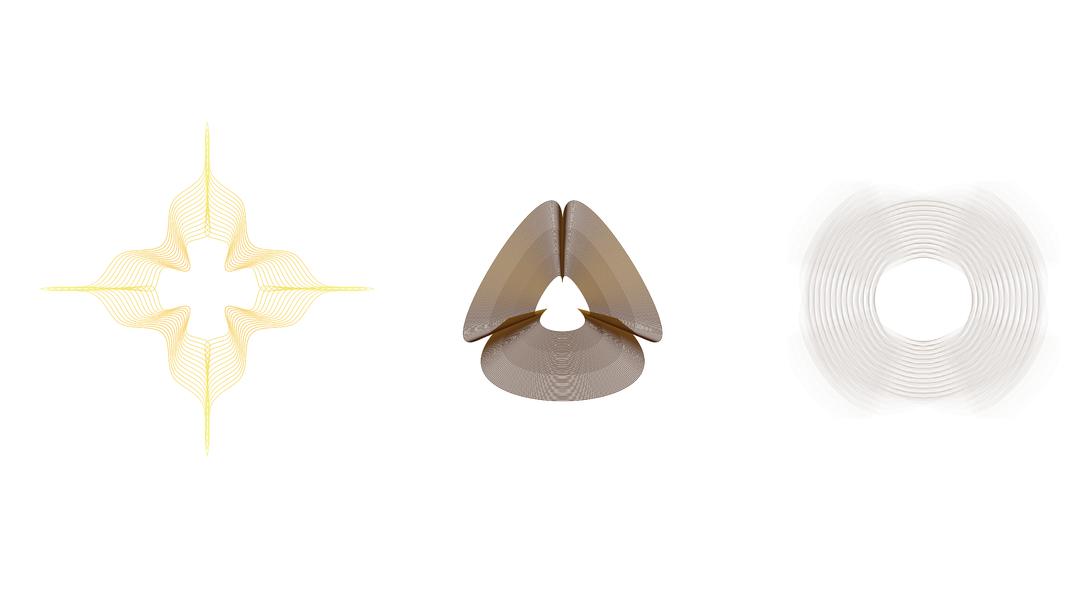python-stack
implements
-
list
-
deque
-
LifoQueue
Argue
-
list
-
This works great for several operations, like indexing into the list. Getting myList[3] is fast, as Python knows exactly where to look in memory to find it. This memory layout also allows slices to work well on lists.
-
The contiguous memory layout is the reason that list might need to take more time to .append() some objects than others. If the block of contiguous memory is full, then it will need to get another block, which can take much longer than a normal .append():
-
If the block of contiguous memory is full, then it will need to get another block, which can take much longer than a normal .append():
-
如果连续的内存块被写满,再加入新元素会导致重新开辟内存,耗时增加。
-
list 线程不安全
-
-
deque
- deque, on the other hand, is built upon a doubly linked list. In a linked list structure, each entry is stored in its own memory block and has a reference to the next entry in the list.
- A doubly linked list is just the same, except that each entry has references to both the previous and the next entry in the list. This allows you to easily add nodes to either end of the list.
- deque 使用了双向链表维护内存,继而可以灵活方便的进行增加元素的操作
-
LifoQueue
-
Unlike deque, LifoQueue is designed to be fully thread-safe. All of its methods are safe to use in a threaded environment. It also adds optional time-outs to its operations which can frequently be a must-have feature in threaded programs.
-
This full thread safety comes at a cost, however. To achieve this thread-safety, LifoQueue has to do a little extra work on each operation, meaning that it will take a little longer.
-
Frequently, this slight slow down will not matter to your overall program speed, but if you’ve measured your performance and discovered that your stack operations are the bottleneck, then carefully switching to a deque might be worth doing.
-
LifoQueue 线程安全,但性能会有些许损失,一般情况下影响不大。但如果发现栈操作成为了瓶颈,切换为deque要小心,可能会导致问题
-
Conclusion
- Python Stacks: Which Implementation Should You Use?
-
In general, you should use a deque if you’re not using threading. If you are using threading, then you should use a LifoQueue unless you’ve measured your performance and found that a small boost in speed for pushing and popping will make enough difference to warrant the maintenance risks.
-
list may be familiar, but it should be avoided because it can potentially have memory reallocation issues. The interfaces for deque and list are identical, and deque doesn’t have these issues, which makes deque the best choice for your non-threaded Python stack.
-
You now know what a stack is and have seen situations where they can be used in real-life programs. You’ve evaluated three different options for implementing stacks and seen that deque is a great choice for non-threaded programs. If you’re implementing a stack in a threading environment, then it’s likely a good idea to use a LifoQueue.
-
单线程场景下deque是推荐选择,多线程场景下,请选择LifoQueue。
-
http://www.cnblogs.com/suanec/
友链:marsggbo
声援博主:如果您觉得文章对您有帮助,可以点击文章右下角【推荐】一下。您的鼓励是博主的最大动力!
点个关注吧~






【推荐】编程新体验,更懂你的AI,立即体验豆包MarsCode编程助手
【推荐】凌霞软件回馈社区,博客园 & 1Panel & Halo 联合会员上线
【推荐】抖音旗下AI助手豆包,你的智能百科全书,全免费不限次数
【推荐】博客园社区专享云产品让利特惠,阿里云新客6.5折上折
【推荐】轻量又高性能的 SSH 工具 IShell:AI 加持,快人一步
· Java 中堆内存和栈内存上的数据分布和特点
· 开发中对象命名的一点思考
· .NET Core内存结构体系(Windows环境)底层原理浅谈
· C# 深度学习:对抗生成网络(GAN)训练头像生成模型
· .NET 适配 HarmonyOS 进展
· 手把手教你更优雅的享受 DeepSeek
· 腾讯元宝接入 DeepSeek R1 模型,支持深度思考 + 联网搜索,好用不卡机!
· AI工具推荐:领先的开源 AI 代码助手——Continue
· 探秘Transformer系列之(2)---总体架构
· V-Control:一个基于 .NET MAUI 的开箱即用的UI组件库
2018-06-01 两矩阵各向量余弦相似度计算操作向量化.md
2018-06-01 两矩阵行向量余弦相似度计算向量化操作